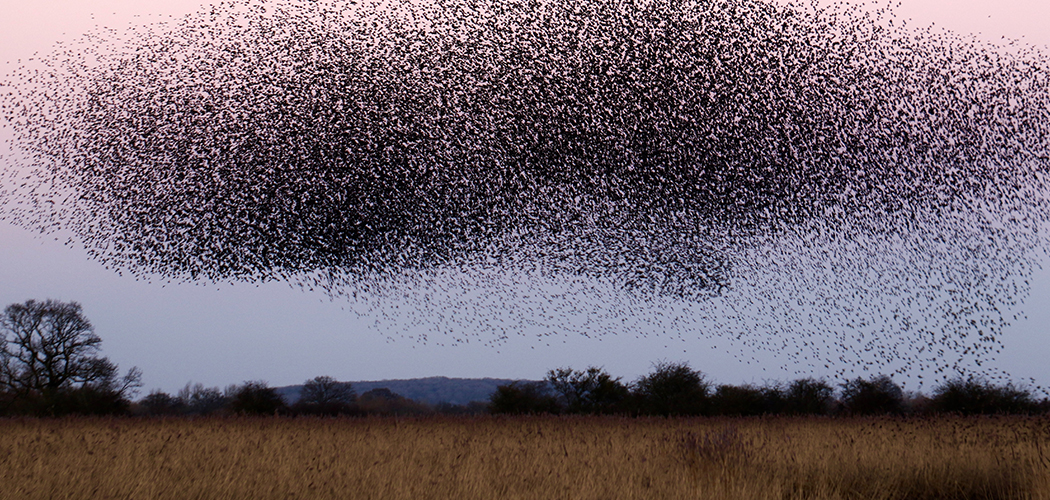[title subtitle=”words: Marla Cantrell
image: James Wainscoat”][/title]
The newspaper photo is one of my clearest memories of Arizona, of Phoenix in particular, where I lived for a few years with my mom and dad, my older brother and sister. I remember our house as being stucco, bright yellow or maybe mustard colored. I remember a patchy lawn, a chunk of turquoise I once found there, my mother dressed in a blue circle skirt and blouse, the skirt and cuffs and collar edged in rickrack. Those things make sense. They were the ingredients of my life: lawn, house, stone, mother.
But the photo is another thing. I was five years old, with white-blond hair and blue eyes. My left eye had a blotch of green in it, so prominent that a boyfriend I met in high school called me Spot. I later married him and then divorced him. I never liked nicknames.
In Phoenix that day, I was standing beside our kitchen table. It was after seven in the morning. My father, who’d drug himself home after the overnight shift at Reynolds Aluminum, sat in one of the metal kitchen chairs. His right leg crossed his left knee, and he leaned slightly backward, this posture pushing him away from the Formica table, which may have been red, or white, it escapes me now. He wore blue jeans, a tight-fitting white Fruit of the Loom T-shirt. His hair, not quite as blond as mine, was wavy and smelled of VO5, the hair tonic in a tube that populates most of my early childhood memories.
He held the newspaper, The Arizona Republic, at arm’s length. I liked the span of it in his hands; it seemed almost too big to hold, spread out as wide as the bedsheet that covered my small bunk. I moved closer to my father; in the morning he seemed alien, having been someplace I’d never seen before. I approached him the way you might your dog that had run away and now stood just beyond your grasp at the edge of a busy street.
On the table, a cup of black coffee steamed. In an ashtray with a weighted bottom filled with pebbles and covered in a green and black tartan, a cigarette sat clouding the air. This was the image of an everyday morning: hot day, hot coffee, fire-lit cigarette. The word I think of now, a word I did not know then, is swelter.
If I had been the kind of child that asked questions of adults, I might have spoken to him about the irony (another word not mine yet) of filling an already blistering morning with steam and smoke and fire.
There were men in suits in the photos in the paper. Stern men in black and white, looking sour above a caption that read Moscow Snubs Peking. Beside the men were artist-drawn ads for plaid dresses worn by slim women wearing gloves and barely smiling as if the effort of being beautiful took away their ability for mirth.
As my father turned the pages, I saw a photo of a man whose face was covered in bees. It was a miraculous thing, the bees’ bodies making a mask and beard across his face. His mouth was uncovered though, and the man seemed to be smiling wide.
I pointed. “Look,” I said, “that man with the bees is happy.” It felt like something an adult might offer. I remember making my hands into fists, standing on one foot and then the other, waiting for my father to respond.
He must have read the caption beneath before he said, “That man is in pain, Barbie.” He snapped the paper between his two hands and folded it so that everything else on the page disappeared. “See,” he said, “the bees are hurting him.”
The kitchen smelled of last night’s T-bone steak dinner—my father made a decent living—and coffee, of course, and the golden scent of nicotine smoke. We’d left a bottle of ketchup on the table and a set of Tupperware salt and pepper shakers that always felt slightly greasy when you picked them up.
If my mother had stepped in, she would have given me a different story, I’m sure of it, one with some sunshine at the end. But she walked my brother and sister to school most mornings so she wouldn’t have been there.
As years passed, I would wonder what kind of person snaps a picture of someone in pain instead of calling for help or helping themselves. But at that moment, I felt as if there must be something I could still do, as I still believed that wrongs could be magically righted, and that time was a fluid thing that sailed between dimensions. I cried often as a child, and the tears rushed to me then. I bit my bottom lip. I tilted my chin upward. I did not want to cry, mostly because my father was talking to me as he would another adult. I didn’t want that to stop.
A cavern opened in the pit of my stomach. I’d gotten something seriously wrong. Where I should have seen distress, I saw pleasure. I remember how shamed I felt, how distrustful I suddenly became of my own reasoning.
My father laid the paper down, picked up his now-stunted cigarette. He had strong, square hands and a wiry body. He was a runner when almost no one ran. He boxed, believing it might get him somewhere. He wore a silver ID bracelet my mother had taken back from an old boyfriend and had re-engraved for him.
“You okay?”
I nodded yes.
“Go on then,” he said. Mornings were hard for him, the transition from industry to slumber that was exactly the opposite from most of the world. He sheltered his bedroom windows with heavy covers against the Arizona sun. He liked the TV on, said it kept out other sounds like traffic on the street, dogs barking, the occasional shouting match between the couple who lived in the house next door.
When he was in bed, I stole the paper from the table. The photo of the bee man was framed by newsprint, still folded the way my father had done it, and I took it to my bedroom and looked at it for a long time. I wanted to ask my father if the bee man had died, but I was too afraid of the answer. Also, we never bothered my father when he was trying to sleep.
I have often gotten other people’s stories wrong since then. I have thought men in love with me who were only seeking comfort for a time. I have taken a comment from my favorite aunt as a barb when it was only a joke and quit talking to her for twelve years. I have left jobs that felt like a stone around my neck only to find the rock waiting on my desk at my next place of employment.
Recently, I traveled two thousand miles to see my newest grandchild. He is so young he still looks like a wise old man. His biggest accomplishment is fitting his tiny fist inside his yawning mouth. His parents, my daughter and son-in-law, sleep in shifts to make sure he is tended. The way they care for him makes my heart hurt.
For some reason, it reminded me that I was left at a Big Boy restaurant when I was nine months old. My parents always laughed when they told the story. My mother would say, “We got to talking, and we just forgot about you. Well, you were sound asleep on the other side of the booth, Barbie! I had to tell the waitress what color dress you had on to get you back! I said yellow, but I had no idea. I guess I got lucky because you were wearing yellow, or maybe I should say you did! Ha. Ha. Ha.”
On the ride home, I’m sure I sat in my mother’s lap in a station wagon whose safety-belts were tucked inside the seats to keep from getting in the way. In my parents’ defense, those metal buckles were branding irons in the Arizona heat, so maybe they had the right idea.
I fell somewhere in the middle of my parents’ brand of parenting and my daughter’s. When her older girl was two years old, I asked her if she’d ever crawled out of her crib in the night, and roamed the house. I wanted to share a similar story about my daughter, which was one of my favorite memories, but she said, “What kind of parent leaves a baby alone to wander?”
Well, live and learn.
The husband I have now raises bees. They are in a thicket at the edge of our property. He started out by bringing home a bee house that looked like a birdhouse with small pieces of bamboo inside where native bees stopped to rest.
Last spring, he bought an actual hive, white boxes stacked like dresser drawers, and now he wears a white suit and a netted helmet and long gloves. Bees require rituals, and sometimes my husband carries a can that emits smoke to wrangle them this way and that. He reminds me of a priest then, of a holy man. I watch from our kitchen window, but I never go out.
He says that a beekeeper in England died and his bees followed the funeral procession to the cemetery, a cloud of bees swaying this way and that until the coffin was in the ground. Once it was, the bees congregated on the new grave, unwilling to let their master go.
My husband sees bees as righteous things with a purpose that creates sweetness and love that lasts beyond the grave.
I have told him the story in the Arizona Republic. My husband doubts my father’s interpretation of the photo. He has seen similar photos himself. It’s a beekeeper’s trick, he says, as old as time.
As I write this, my husband, a tall man covered in white, is surrounded by insects the color of gold. I can see him from my spot by the window. His body moves easily among the tribe he’s fostered. He will be grinning when he returns home, bounding through the kitchen door. I will watch him closely, squinting so that I take in only a section of his face at a time. I will watch him until I’m certain I’ve read the planes of his face correctly, that I’ve interpreted the posture of his body in just the right way. Agony, I learned early, can look a lot like joy. It can be so similar, you can hardly tell.




